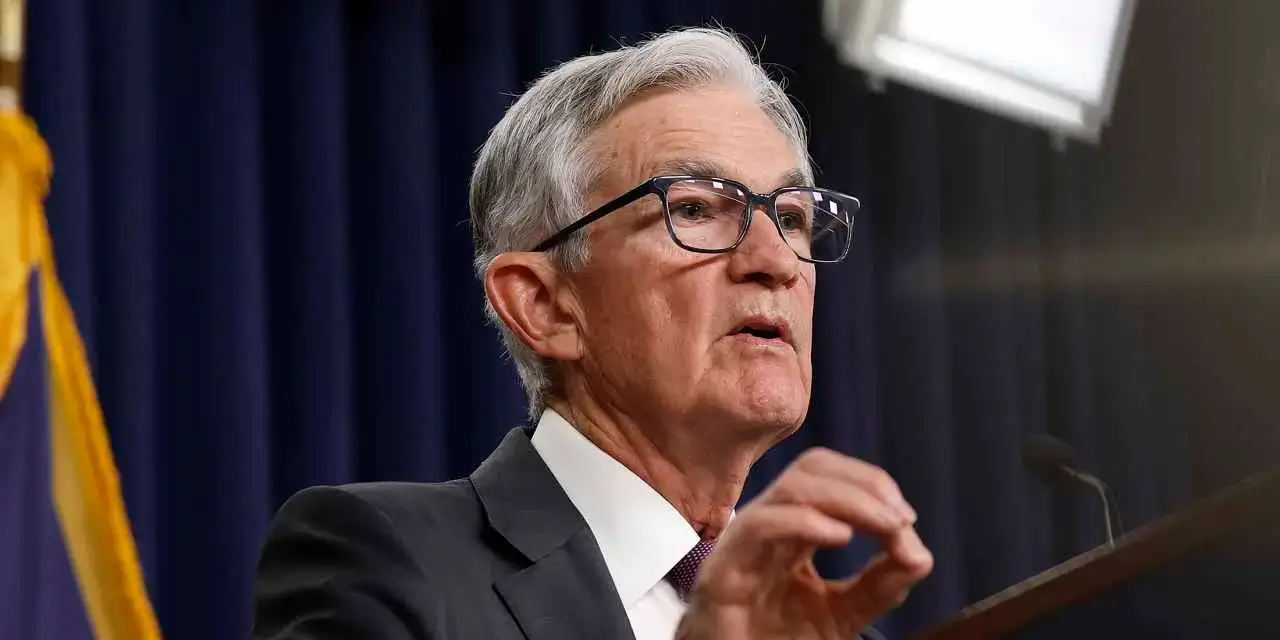You ever get the feeling the economy’s just… holding its breath?
Well, Jerome Powell, the man steering the Federal Reserve through stormy waters, gave a speech today at the Economic Club of Chicago that did everything but whisper reassurance. It was thoughtful, it was measured, but it wasn’t exactly the warm blanket markets might’ve been hoping for.
Let’s break it down—and yeah, there’s more to it than a few lines about inflation.
What’s the Fed worried about now? Spoiler: Tariffs.
Powell stepped up to the mic with a calm presence—classic central banker energy—but the words carried weight. His central message? These new tariffs (you know, the ones aimed at reshaping U.S.-China trade) aren’t just political posturing. They’re a real economic variable now.
He didn’t name names, but the impact was clear: if tariffs continue ramping up, they’ll almost certainly push prices higher. For regular folks? That means groceries, gas, electronics—everything might get a bit more expensive. For businesses? Higher input costs. Tighter margins. More hesitation to hire or invest.
You could almost hear the air leave the room when he made it clear the Fed wouldn’t be stepping in right away.
Interest rates? Yeah, those are staying put for now.
Powell’s tone was steady, but the message? We’re on standby. He made it clear the Federal Reserve isn’t planning any immediate rate cuts—or hikes—unless something big changes. And by “big,” he meant really big. Like a 2008-style market breakdown or a sharp spike in unemployment.
That might sound boring, but it’s actually a high-wire act. If they move too soon, they risk pouring fuel on inflation. Wait too long? The economy could slip before they react.
It’s a “wait and see” approach. But you know how it goes—markets aren’t exactly known for their patience.
The labor market looks good… for now.
There was one bright spot in the speech: jobs. Powell pointed out the labor market’s still in solid shape. Wages are stable, and unemployment hasn’t spiked. That’s good news.
But—and there’s always a “but” in Fed speeches—consumer spending is starting to look a little sluggish. People are pulling back, especially on non-essentials. The kind of stuff that tells you how confident households really feel.
Maybe it’s the cumulative pressure of student loans restarting, housing costs staying sky-high, or just the psychological weight of economic uncertainty. Either way, Powell noticed, and he’s watching.
Markets… did not love this.
And Wall Street? Oh, they reacted.
The S&P 500 fell 2.8% after the speech, with tech taking the biggest hit. Nvidia, one of the chip world’s giants, announced a potential $5.5 billion revenue loss thanks to tightened U.S. export rules to China. Timing couldn’t have been worse.
Investors are basically trying to read Powell’s mind—”Is he scared? Or just cautious?”—but his poker face held.
A word on independence—because yes, that still matters
One subtle but powerful thread in Powell’s remarks? The Fed’s independence.
He took a moment to reinforce that the central bank isn’t playing politics. Not now, not ever. And that’s a big deal in a time when economic decisions can feel, well, tangled in election-year agendas. Powell’s saying: we work for data, not for headlines.
That may sound like boilerplate language, but it matters. Markets crave stability. And if investors start believing the Fed is just another political tool? Confidence cracks. Fast.
So what now?
Here’s the thing—Powell didn’t deliver a doomsday prophecy. But he did issue a warning, subtly wrapped in economic lingo. Tariffs could ignite inflation. Rate policy is frozen until further notice. And the Fed is walking a tightrope with wind picking up on both sides.
This wasn’t about giving answers. It was about outlining the questions we should be asking.
Can the economy handle higher prices and slowing consumer demand?
Will global trade disruptions trigger wider fallout?
Is the job market strong enough to weather the storm?
Time will tell. But for now, the message is simple: stay alert, watch the data, and don’t expect the Fed to make any sudden moves.
And if you’re feeling uneasy? You’re not alone. Even Jerome Powell sounds like he’s sleeping with one eye open.

